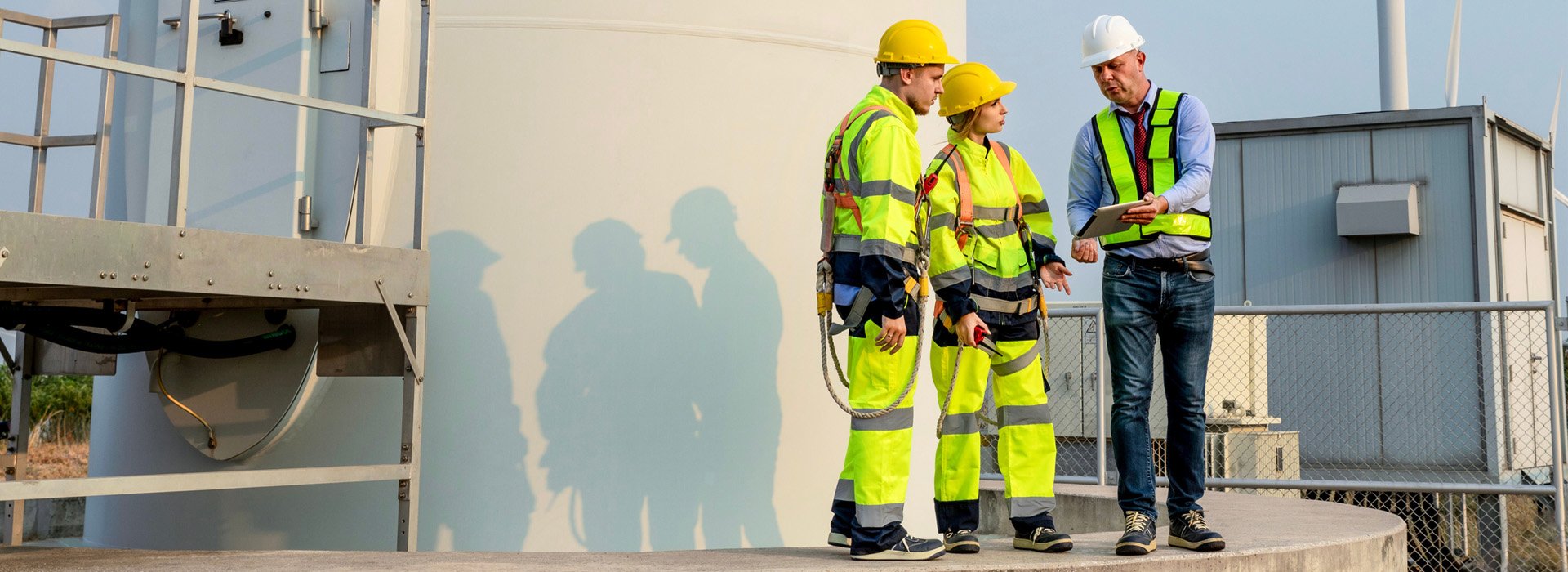Multi-dimensional Leadership - The Key to Leading the Rapid Evolution
The energy industry is confronted by significant disruption. As always, leaders will be critical to successfully steering their organisations to success - but the nature of effective leadership has changed. Energy leaders should reflect.


Energy leaders must navigate complex disruption
The talent agenda is a pressing threat and must be overcome. The oil price crash of 2020 triggered 107,000 layoffs across the industry in the US alone, with a similar trend felt across the globe. Four years later the energy workforce is now ageing and will take experience and skills into retirement.
There are significant retention risks with the current skilled workforce. The 2022 Global Energy Talent Index report found 70% of the current oil and gas workforce are considering leaving the industry in the next three years. The competition for high-skilled workers is becoming more accentuated as the sector continues to evolve and share skill sets with other industries.
The industry is failing to attract new talent. The current wave of younger personnel is questioning the industry as an employer from a values standpoint, a challenge the industry has not yet found a narrative to counter. Attracting and retaining new leaders and diverse talent is a critical obstacle to overcome.
Energy companies have a critical role to play in the transformation of the global energy system. They will continue to provide fossil fuels that enable energy transformation, through 2050 and beyond. Improving reliability and cost performance of current assets is critical to protect margins that enable re-investment into decarbonisation, renewables and cleaner energy.
Concurrently oil & gas companies are transforming into diversified, lower carbon, energy companies. This will require reducing total industry emissions by 3.4 gigatonnes of carbon dioxide equivalent and playing a critical role in transitioning fossil fuels from almost four-fifths of the total energy supply today to slightly over one-fifth by 2050, through the addition of wind, solar, biomass, hydrogen, ammonia, carbon capture utilization and storage assets.
How to derive competitive advantage in this difficult context? By challenging industry leadership conventions and embracing a multi-dimensional approach.
The energy industry has historically been led top down through strong hierarchies and autocratic leadership. This approach has been effective in getting the industry to where we are today and key elements need to be retained. However, it will not be effective in taking it to its next reality. Leaders failing to adapt will represent a significant competitive disadvantage.
Multi-dimensional leaders embrace inevitable change, the complex challenges it brings, and are effective at developing and embedding solutions. Multi-dimensional leaders recognise that finding effective solutions to complex problems requires a continuous growth mindset and a willingness to learn from diverse perspectives, both within and outside of the organisation. There will most likely be failures across various steps of the journey, but these are to be embraced as they move the team closer to a richer, sustainable result. Even when faced with failure, multi-dimensional leaders have an unrelenting commitment to solving the problem. Multidimensional leaders have high levels of emotional intelligence, share information freely, embrace diversity of thought, and adopt resilient, win-win and continuous improvement mindsets.